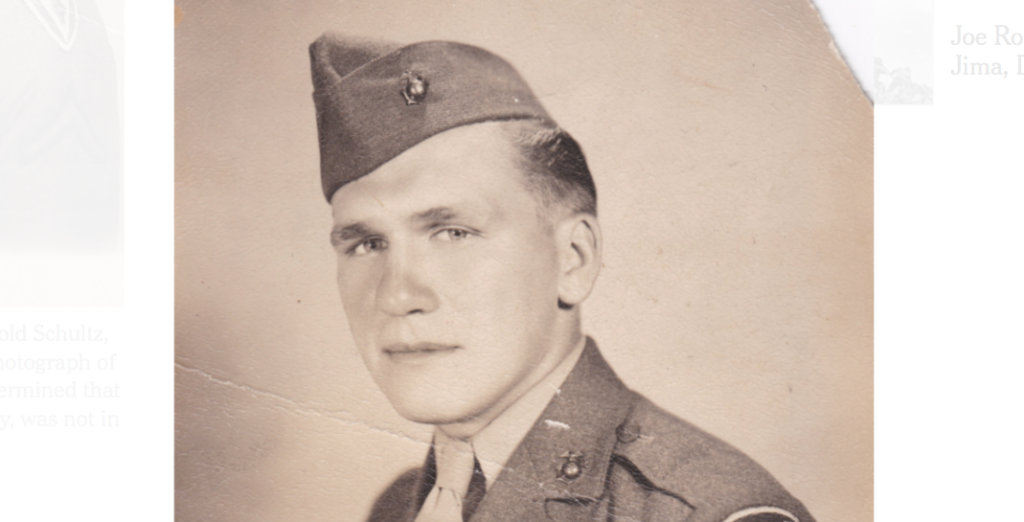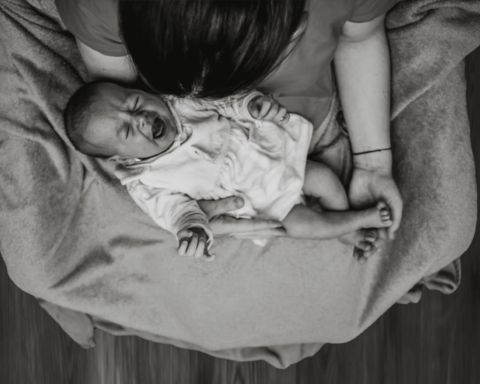Afterimages: Thoughts on Gerri Santoro, Fetus Funerals, and Pro-Life Activism
from Nina Berman, Columbia School of Journalism
I.
The American press has been
more cautious about publishing
graphic depictions of violence
of subjects who are American
and where the violence took
place here. It is much more
likely, though still done tamely,
to publish graphic photos
of violence happening elsewhere.
There’s a sort of trepidation
of putting out anything too
disturbing because it would shatter
certain societal myths about
who we are and what we do.
II.
She checked in
to a motel six and half
months pregnant.
The Texas health
department recently
required fetal tissue
to be cremated or buried,
no matter the stage
of development.
She brought a catheter
and a textbook.
No birth or death
certificates have to be
filed. The law does
not apply if
the miscarriage
or abortion happens
at home.
She was prepared
to let her lover perform
an abortion.
The World Health
Organization maintains
the lack of safeguards,
hygienic conditions
and incorrect administration
of medication can lead
to post-abortion sepsis,
hemorrhaging and genital
trauma—all of which can lead
to death.
He panicked, and left her
hemorrhaging, kneeling
on the floor, sheets tucked
between her legs.
Women in the anti-abortion
movement brandish pictures
of gory dead or dreamlike space
-floating fetuses outside clinics.
Ms. magazine, looking to rebut
the popularity of these photos,
answered with death.
Her daughters, were told
—and up until the photo’s
publication in Ms., believed—
that their mother had died
in a car accident.
Taken up as a pro-choice symbol,
an image of a dead woman has been,
and will continue to be, read in relation
to fetal images and the circulating
discourses of fetal personhood
these images work to mediate.
How dare they
take my beautiful mother
and put this in front
of the public eye?
This image was
the consequence
of a backwards
legal system
that turned women
not only into criminals,
but often into corpses.
The focus of the fight
has changed. It’s less about
death, and more about access.
A federal judge
blocked this measure.
Temporarily. Across
the country a wave
of similar legislation
is expected to follow.
READ MORE:
How a Harrowing Photo of One Woman’s Death Became an Iconic Pro-Choice Symbol [Broadly – VICE]
Texas Measure Requiring Burial of Fetal Remains May Herald Wave of Similar Laws [Guardian]
Never Again: Death, Politics and Abortion (1973) [Ms. Magazine]
Abigail Carl-Klassen has been published in ZYZZYVA, Cimarron Review, Guernica, Aster(ix)










